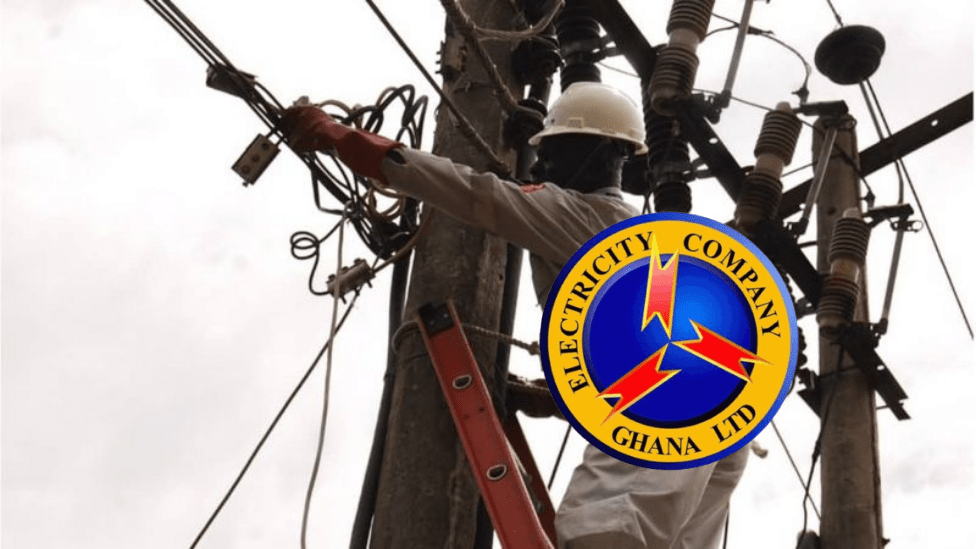Contract strains trigger Ghana’s utility-governance reset
Ghana’s government has launched an aggressive review of ECG’s revenue contracts—terminating under-performing deals, pursuing renegotiation and aiming to reduce losses. The reform is part of a broader utility-governance push that may unlock infrastructure investment.

Ghana’s Ministry of Energy has announced an aggressive review of the Electricity Company of Ghana’s (ECG) revenue-contracts — including power-purchase, collection-service and maintenance agreements — citing under-performance and poor value for money. With more than 200 contracts terminated or under scrutiny, the move reflects rising concern over utility governance, revenue assurance and fiscal ripple-effects. For institutional investors and infrastructure funds, this represents both risk and opportunity: improved contract-discipline may restore investor confidence, but immediate uncertainty in the utility-sector imposes transitional risk.
The mechanism at play is revenue-integrity governance. ECG’s contracts control billing, collections, maintenance, system-loss mitigation and network upgrades. When a contract under-delivers, revenue falls, losses rise and the utility’s financial viability deteriorates — prompting government bail-outs, funding gaps and service disruptions. By initiating a review, the government signals it will tighten contract terms, pursue value-for-money audits, and renegotiate or terminate inefficient deals. This improves the financial hygiene of the utility and reduces contingent liabilities on the sovereign balance sheet.
Macro-economically, the move underpins Ghana’s broader fiscal-stabilisation agenda. Utility losses and subsidy burdens have been a drag on Ghana’s debt servicing and limit capital allocation to infrastructure. If ECG’s contracts are shored up, cost structures improve, losses shrink, and capital freed for distribution-network expansion and renewables integration. For creditors and investors, contract-integrity enhances predictability of cash-flows and risk-profiles.
From a capital-markets standpoint, the review creates a bifurcation: short-term uncertainty around contract renegotiation and compensation liabilities, but medium-term upside via improved governance and investor-friendly utility footprint. Infrastructure funds evaluating Ghana should factor renegotiation provisions, contingent-liability disclosures and enhanced clarity in revenue-streams. Moreover, opportunities may emerge in network upgrades, smart-meter roll-outs and grid-modernisation projects as the utility reforms.
However, the transition is not without risk. Contract terminations may trigger litigation, compensation claims, service interruptions or reduced investor confidence if not managed transparently. The government must communicate clearly, adhere to due-process and reassure current contractors and investors of fairness. If renegotiations stall or political-interference rises, the reform could backfire.
Forward indicators include: number of contracts renegotiated or terminated, reduction in system-loss percentage, improved collection rates (from current low baseline), and progress on smart-meter deployments. If, for instance, system-loss falls by 500 basis points within 18 months and contracts convert to utility-performance-based structures, the reforms will yield tangible value.
Ghana’s review of ECG revenue-contracts is more than a technical clean-up—it is a signal of serious reform intent. For institutional stakeholders, the move raises short-term operational risk but points to improved utility governance, better cash-flow visibility and potential infrastructure investment opening. The key will be execution.





